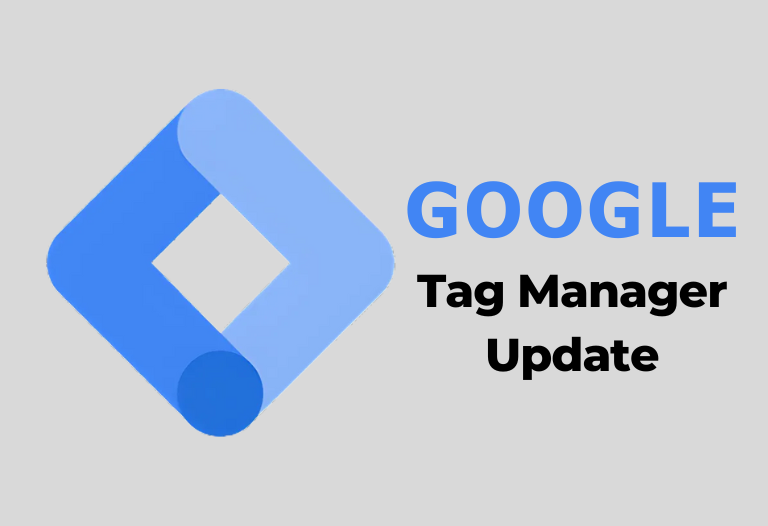
Google employs an AI-powered algorithm to safeguard businesses’ reputations and has blocked over 170 million fraudulent reviews.
Highlights
Google can now identify phony reviews more quickly.
In 2023, Google removed 170 million fraudulent reviews.
A new algorithm has 45% more accuracy than the previous one in identifying bogus reviews.
Google is using artificial intelligence (AI) to stop the spread of fraudulent online reviews, which deceive consumers and hurt regional companies.
In 2023, the company removed over 170 million fake reviews, a 45% rise from the year before. For local business owners who battled fake reviews harming their reputations on Google Maps and Search, the crackdown offers much-needed respite.
Google explains in a blog post how its algorithms now swiftly identify questionable review activity by looking for patterns across time. This involves seeing evaluations that are exact replicas of one another on company websites or abrupt jumps in 1- and 5-star ratings.
A Year of Sincere Reviews
About 20 million modifications to local business data, including specifics like shop hours and customer ratings, were sent to Google per day in 2023. In the middle of this massive influx of data, Google developed a new algorithm to quickly detect and eliminate false or misleading content to preserve data integrity.
Google reports that a scam in which people were paid to create fictitious good reviews was discovered by the new algorithm. Google could take measures to shut it down after discovering it. This stopped false reviews from spreading further.
Google also claimed to have blocked or removed the following:
- A 14 million rise in the number of videos found to violate policy out of 170+ million evaluations that violated them.
- Over two million attempts to make fraudulent claims on company profiles have been stopped, as a result of increased security protocols.
The Main Benefits for Small Businesses
According to Google, local companies can benefit from its new false review detection technology in the following ways:
- Faster Detection: Compared to earlier techniques, the new machine learning approach can identify suspicious review patterns more quickly, which can help shield businesses from the damage caused by phony reviews.
- Improved Accuracy: Compared to 2022, the accuracy of spotting phony reviews has increased by 45%. This can instill greater confidence in businesses, as their online evaluations predominantly represent genuine consumer experiences.
- Scam Protection: Businesses are better protected from organized false review campaigns by the algorithm, which distinguishes between individual fake reviews and more concerted attempts to submit scam reviews.
Key Takeaways for Local Business Owners & Marketers
Google claims that by better safeguarding local companies’ online reputations, its ongoing efforts to combat bogus material would protect users and benefit users.
With reputation becoming a truer indicator of service quality and sincere client happiness, the upgrade may result in a more even playing field.
Businesses should focus on providing great products and services, and Google will make sure its online reputation is consistent with actual performance.




 February 15, 2024
February 15, 2024







